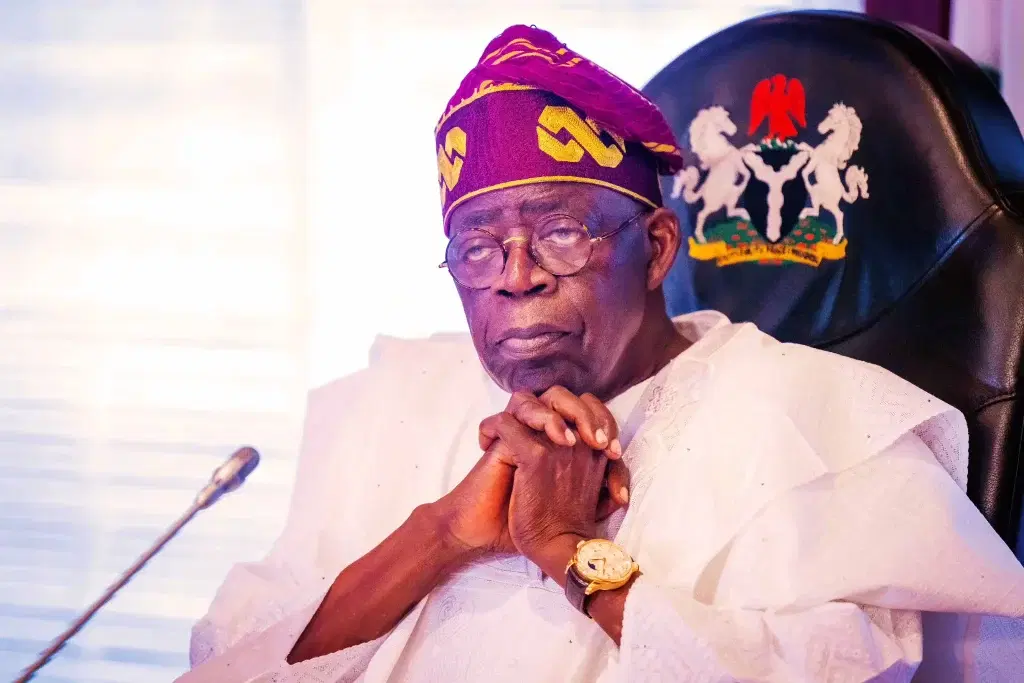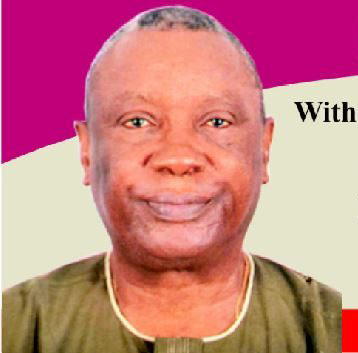YABATECH Don Advocates Inclusive, Sustainable Urban Design for Lagos, ,
Funmi Ogundare
A Chief Lecturer in Urban and Regional Planning and Transport, School of Environmental Studies, Yaba College of Technology (YABATECH), Dr. Mobolaji Abubakar Oseni, has called on policymakers and urban planners in Nigeria to invest in comprehensive physical planning aligned with global Sustainable Development Goals ( SDGs), saying that the essence of human settlements extends beyond the need to move from one place to another.
Oseni, who made this call recently while delivering the 20th inaugural lecture of the college, titled ‘Beyond Mobility’, explained that mobility, though essential for city dwellers, represents only one component of urban life.
He argued that cities must be consciously designed to serve citizens holistically, fostering sustainability, inclusivity and livability rather than focusing solely on movement.
He revealed that operational inefficiencies and poor planning are major determinants of terminal locations in Lagos, leading to persistent traffic congestion, environmental degradation, and other urban challenges. These problems, he said, can only be resolved through deliberate, forward-thinking interventions by relevant government agencies.
According to him, “Lagos’ urban structure requires a comprehensive and sustainable approach to transportation and spatial planning. This includes the integration of inter- and intra-city terminal facilities and the preparation of lower-order plans such as district, local area and action area plans to complement existing model city plans.”
While acknowledging government efforts in the creation of model city frameworks, Oseni, who is a former Deputy Rector of the college, observed that the absence of robust lower-order plans and weak implementation strategies have hindered meaningful progress in urban development.
He also advocated the inclusion of Non-Motorized Transport (NMT) systems, such as walkways and cycling routes, by converting green corridors along canals, pipelines and electricity lines into safe, environmentally friendly pathways.
“The Oshodi-Isolo Model City Plan, demonstrates how canal alignments, NNPC corridors, and electric pylon routes can be repurposed for NMT, reinforcing the connection between mobility and urban planning,” the don stated.
In his research on transport terminals, Oseni emphasised on the growing complexity of passenger and freight demands in Lagos, stressing the need for systematic forward planning to accommodate emerging transport technologies and evolving commuter preferences.
He recommended a deliberate concentration of intercity terminals across Lagos’ five political divisions — Ikeja, Badagry, Ikorodu, Lagos Island, and Epe (IBILE) — supported by efficient intracity connectivity. This, he said, should be integrated into the review of the Lagos Metropolis Master Plan and the development of the Lagos Megacity Plan to enhance accessibility and reduce commuter stress.
“Mobility is only one of the four commandments of urban life, a part cannot be greater than the whole,” Oseni said. “To truly serve citizens, our cities must be designed to go beyond movement, toward sustainability, inclusivity and livability.”
, Education – THISDAYLIVE, October 20, 2025, 11:44 am












